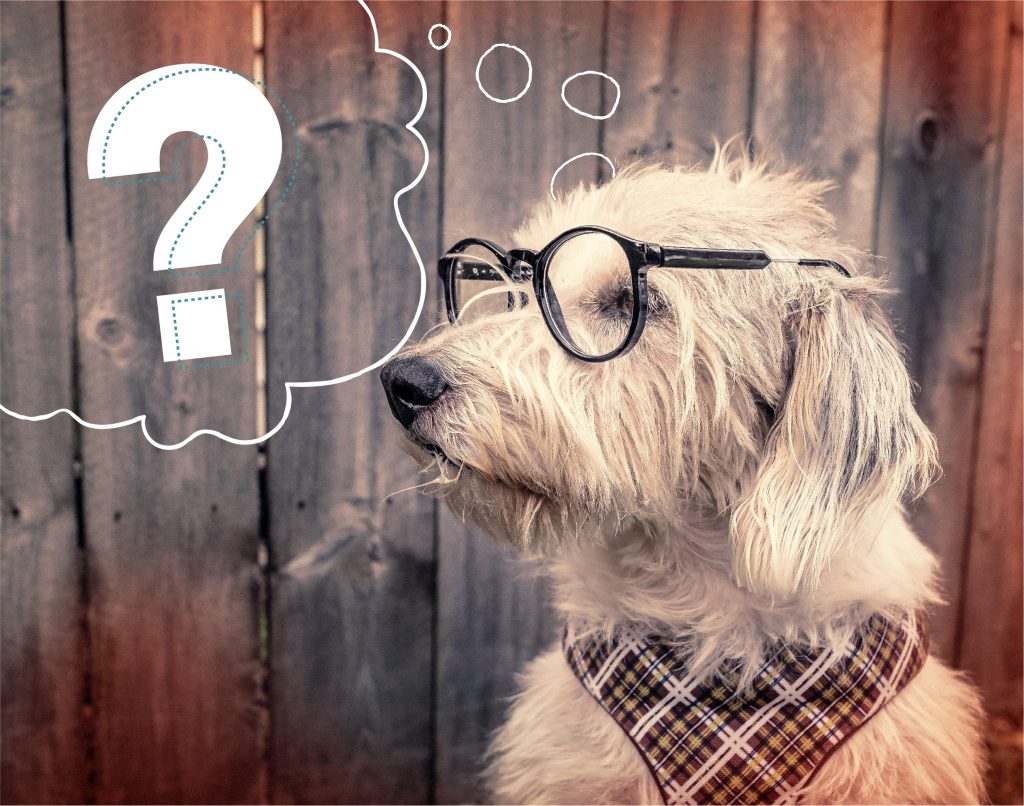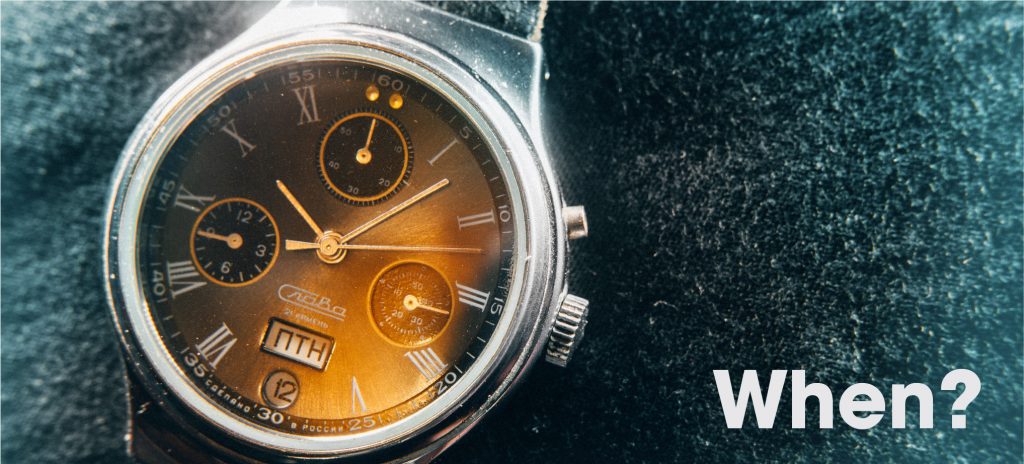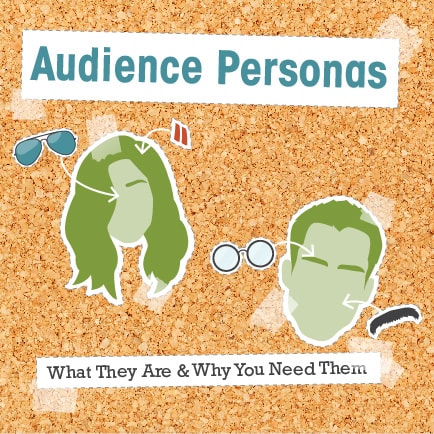Did you miss our recent webinar on audience personas? Read on to learn what audience personas are and why you need them for your business, or watch the recording of the webinar at the end of this post.
We hear it a lot. “I’m not sure if my messages are reaching my customers, much less my potential customers. What do I need to do to get it right?” Part of the solution is knowing and understanding your audience.
“What’s the best way to do that?” you ask. Start creating your audience personas!

What’s an audience persona?
An audience persona is a representation of the ideal types of people you want to connect with and send your message to. When you’re defining an audience persona, you’re looking at a person who influences a purchase decision and is actively looking for content based on their interests, as well as someone who is considering the purchase of certain products or services.

Why do you need audience personas?
We’ve said it in past webinars and we’ll continue to say it – marketing should be intentional. It should not be reactive or done “on the fly.” That being said, part of the reason you need audience personas is because they give you a place to look back to as you create your marketing plan and strategies to ensure they are aimed at the right people. Atomic Marketing puts it this way:
“It’s a key part of moving away from making assumptions about who your customers are to creating archetypes that accurately represent your distinct types of customers. Audience personas create an archetype that anyone in your team can use to improve content or other operations.
Especially online, where your nearest competitor is simply a click away, you need to hone in on your particular customer so you can answer their needs.”
Beyond that, having audience personas in place offers a number of other benefits as well as value to your marketing efforts, such as:
- Helping you narrow down who you need to speak to so you can avoid generalizing your messaging
- Giving you a better understanding of who you are speaking to
- Allowing you to gain perspective and insight into the challenges, goals, needs, and backgrounds of these individuals
- Providing you with guidance for creating an effective marketing campaign
- Telling you where your audience spends time so you can better connect with them where they are
- Helping you create better products or services based on the understanding of what your customers need.
As we mentioned, audience personas can help you create a solid marketing campaign, including your content strategy. One great example of this is the Make-A-Wish Foundation of America, who used this approach so the organization could use the audience personas in their storytelling as a way to help attract and retain volunteers, donors, and wish referrers. The personas they created were then transformed into print materials (deck of cards, flip books, and posters) that the communications staff could use as a resource to help keep the audience top of mind. This helped the organization realize opportunities for telling stories they had neglected in the past, as well as put the audience first and get the organization’s team members excited about using audience personas to better tell their stories.
Audience Personas, Buyer Personas, and Target Audiences: What’s the difference?
You’ve probably heard the terms audience personas, buyer personas, and target audience a time or two. And you might even be thinking “Aren’t they all the same?” Not exactly.

We’ve already defined what an audience persona is. A target audience is like a specific group or demographic of people that would be most likely to be interested in your product or service. For example,if you own a toy store, your target audience could be include parents and grandparents. Think of a target audience or audiences as a more general, big picture look at who you’re wanting to focus your messages to.
A buyer persona is a representation of a person who acts on or makes a purchase decision or is actively seeks branded content. Oftentimes, this is a current customer who is already buying from you. The buyer persona can be thought of as a more zoomed-in look at your target audience.
Obviously, the three are very similar yet very different, and you need to have a good understanding of each so you can create messages that will be effective in reaching the right people. Audience personas, buyer personas, and target audiences are all important pieces to consider not only when creating your content marketing strategy, but also as you create content specifically related to the sales journey.

As such, you would create a target audience as a first step for reducing the overall number of potential customers into smaller, more target groups – your audience and buyer personas. You use audience personas to create the ideal types of individuals you want to reach and you use the buyer personas for gaining insight into the customer’s buying journey.
We’ve only just begun in our discussion of audience personas. Stay tuned for Part 2 where we’ll share some tips to help you create the audience personas you need.


